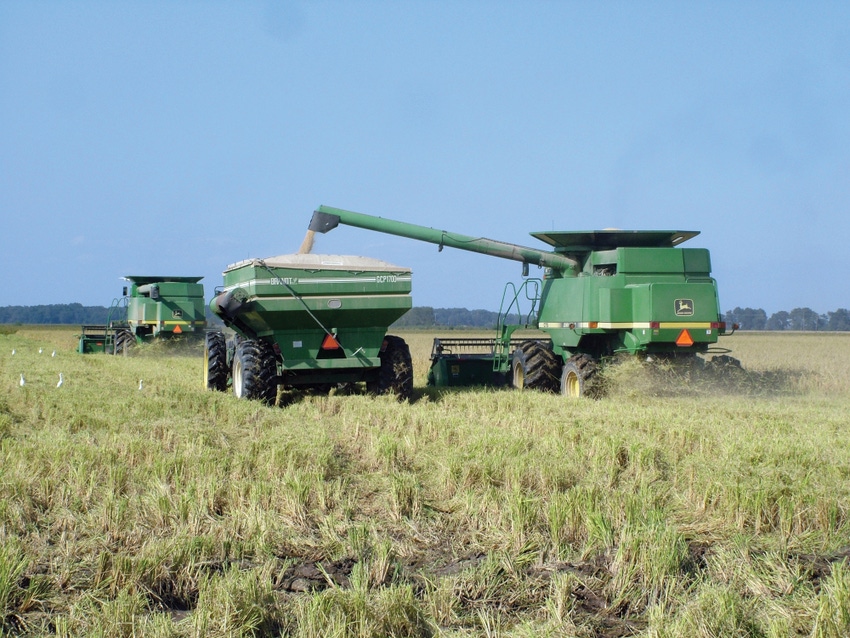
“We are disappointed in the Consumer Reports article for failing to add meaningfully to the public discourse about this important issue. Instead, the article is incomplete and inaccurate on many levels: it employs an ‘arsenic content standard’ that simply doesn’t exist in federal law."
September 20, 2012

The USA Rice Federation, which represents U.S. rice growers and all segments of the U.S. rice industry, issued the following statement in response to a Consumer Reports article on arsenic in rice:
“We understand that ‘arsenic’ is an alarming word, but we believe it is important for consumers to know that arsenic is a naturally occurring element in our air, water, rocks and soil. This is how plants uptake arsenic. As a result, it’s always been in the food supply and is in many healthy foods that are consumed by billions of people every day. No arsenical pesticides are used when growing U.S. rice.
“Rice is a nutritious food and an important part of a healthy diet. Rice contains more than 15 vitamins and minerals that help protect against disease and ensure healthy growth during pregnancy and childhood. We are aware of concerns about the level of arsenic in food, but are not aware of any established studies directly connecting rice consumption and adverse health effects. In fact, populations with high rice consumption are associated with less overall disease rates and with better health, and scientific studies show that people who eat rice have healthier diets.
(For more, see: FDA responds to arsenic in rice charges)
“We are disappointed in the Consumer Reports article for failing to add meaningfully to the public discourse about this important issue. Instead, the article is incomplete and inaccurate on many levels: it employs an ‘arsenic content standard’ that simply doesn’t exist in federal law. It cites federal health data to allege health risk from arsenic ingestion when that data is based on arsenic excreted from, rather than absorbed by, the body. It offers consumption advice without addressing all of the relevant public health issues that must be taken into account.
“The fact is that the Food and Drug Administration is not recommending consumers change their diet based on this article. We agree with FDA that any limits set for arsenic in rice products should be the result of a carefully conducted risk-assessment -- based on an adequate sample of well-constructed tests -- that balances any yet-to-be-validated ‘risk’ against years of sound research into rice’s many nutritional benefits.
“The rice industry is committed to ensuring the quality and safety of rice and rice-based products. We will continue to work with regulators, including FDA, food scientists, nutritionists and manufacturers as they examine the issue. Additionally, we are conducting our own research to ensure that U.S. rice remains a safe, nutritious and affordable food for consumers.”
For more information on this subject, please visit www.arsenicfacts.usarice.com.
You May Also Like



